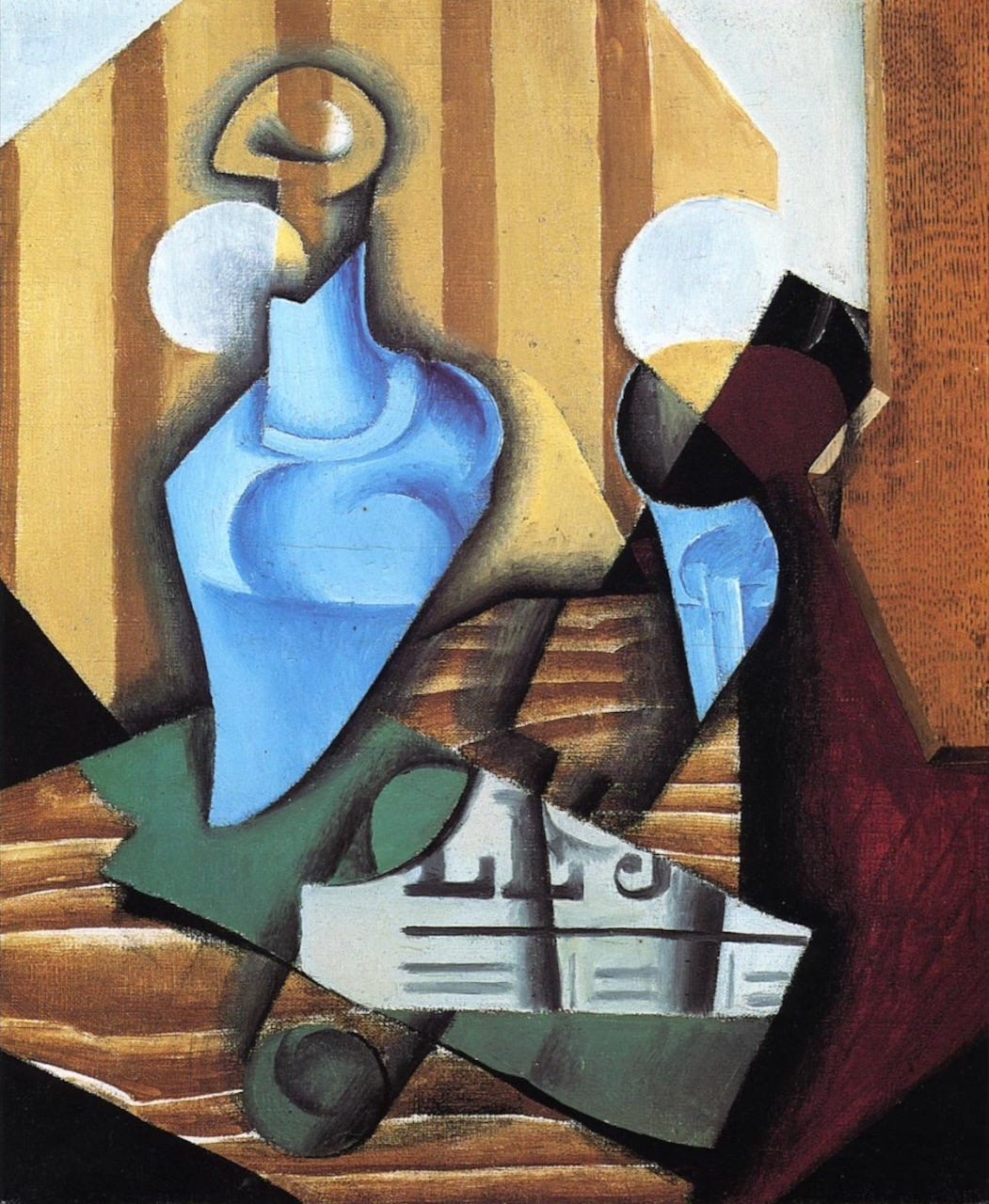I’d just retrieved my luggage from the baggage carousel and stepped outside JFK International in January. The wind was dry and icy at once, but living in the desert, you forget how it roughs you up, so I wasn’t wearing a jacket. Shivering like a dummy and waiting for the airport shuttle, I turned to the person next to me—who was dressed properly—and said, “Omg I am not prepared for this. Where are you from?” The young man appeared to be of Indian or Middle Eastern descent. This registered as I watched him consider my question for longer than it might usually take someone to answer, and I realized he was calculating whether he was about to step into a conversation of casual racism. “Salt Lake City,” he finally said. “Ah, so you’re used to the cold,” I replied, exaggerating how unfazed I was.
It was as though the moment didn’t pass between us but beneath us. We were figurines placed atop a tiered cake of misunderstanding and missteps, and assumptions, history and culture, and propaganda, politics and films and jokes and all of it. We were cast—the blonde girl, the brown man, and a small assembly of road-weary travelers—in an improvised Thornton Wilder play. Next we’d freeze in a tense tableau; an airport security guard would enter stage left—the narrator, breaking the fourth wall. Years later, it’s 108 miserable degrees in the desert, a Saturday in June. I am running errands, and for some reason, this story comes to mind.
Ferraro’s Ristorante on Paradise Rd. is where Vegas’ who’s who conducts business over lunch. No one will judge if you order a glass of Pinot Grigio at noon here, and likely your table will say “well, let’s get a bottle.” Once I showed up thirty minutes early to a happy hour to grab a few moments to myself. The restaurant wasn’t open for dinner service yet, but the hostess let me in anyway, and I waited at a high-top in the bar while the front-of-house staff folded white napkins and danced like Patrick Swayze to “Baila” by Zucchero. It was the cinematic moment we’ll never get from The Bear.
Typically, I have fish for lunch at Ferraro’s because, sadly, I am celiac and cannot eat pasta. But one day, out with colleagues, I wanted a hearty meal. I ordered the pasta with meat sauce, pointing to it on the menu, “but with polenta.” I thought this was clear; however, our server spoke only a little English and interpreted my request literally. With a sweeping gesture of presentational elegance, he set before me a bowl of polenta, with pasta on top, with meat sauce on top of that, like some manner of lunch portion of Italian turducken. My colleagues laughed for so long that I had to tell them to knock it off and finish their salads.
I remember what made me think of the airport story. A couple weeks ago, I dropped by the nonprofit where I trained as a victim advocate to return a book. I chatted for a few minutes with one of my instructors, a young man whose background is in public health. We caught up on how people from my cohort were doing, then he complimented my chambray shirt, and I said his skin was glowing, like he’d been enjoying the pool. As he walked me out, I explained how the training may have meant more to me than others. To many of my fellow students, it was just another work certification—valuable skills, but they’re already steeped in social services. Daily they find shelter for victims of sexual assault, support addicts who aren’t yet ready to get clean, and counsel people newly diagnosed with HIV. This was what I was trying to say, how much I admired everyone—how they’d transformed me. But it’s not what my instructor heard. “Don’t worry,” he said. By now we’d reached the threshold of the front door. “You don’t have to apologize for not knowing anything.”
There are so many worlds between each of us, worlds upon worlds, everyone juggling a million worlds. Once, in high school, I took the outside shortcut between two wings of a building after chemistry, when I tripped on a sawed-off, bent-over signpost (bent over to prevent people from getting injured) and fell to the ground. Stunned, still getting my bearings, I scanned my body for injuries. The top of my left foot, which was exposed skin in my flats, had hooked on the metal and tore open. For a split second I could see inside of myself, inside the fleshy part of the foot that’s cushioned to bend, just above the toes. It is filled with squishy white-yellow fat cells. I remember staring at the thousand tiny globes that had always been a part of me, like fish eggs beneath the skin. I never knew. Then the blood began to flow.
“I cannot make you understand. I cannot make anyone understand what is happening inside me. I cannot even explain it to myself.”― Franz Kafka, The Metamorphosis






Yes. Yes to all of this - the gulf between intention, meaning, understanding...